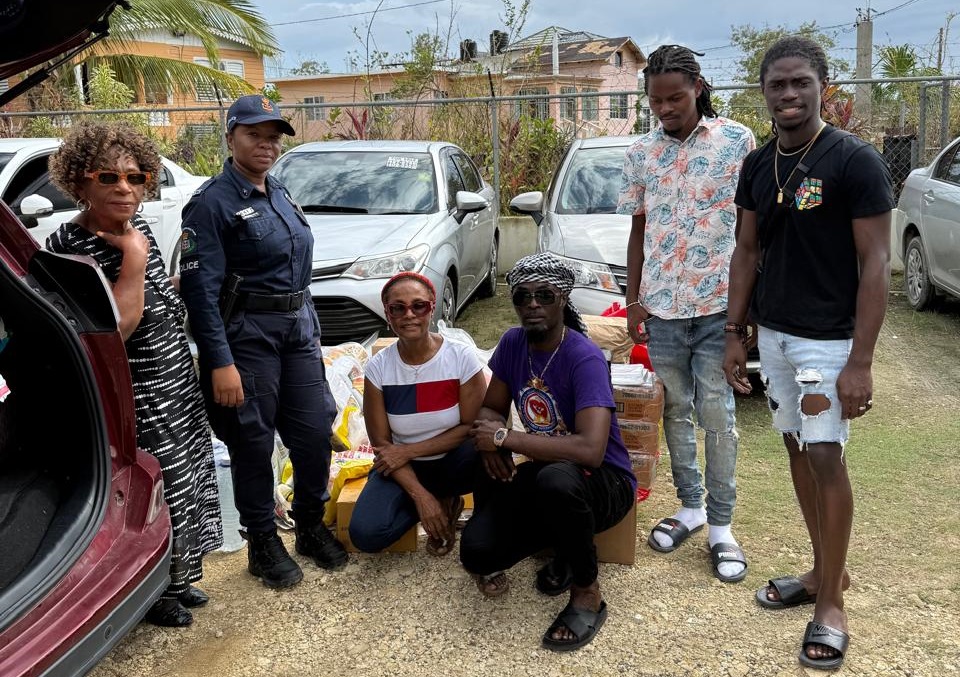Under a drizzling, dusky sky, a woman stood with her hands on her head, gazing at the remnants of what might have been her home on Cooke Street in Savanna-la-Mar, Westmoreland’s capital. The scene was hauntingly quiet, with roofless houses, shattered windows, and clothes hanging precariously on makeshift wires. Residents sat or stood in their yards, their faces etched with bewilderment, as the community grappled with the aftermath of Hurricane Melissa. This devastation was part of a broader crisis in Westmoreland, where approximately 80% of homes were destroyed, leaving thousands without shelter or hope for a swift recovery. The hurricane’s impact was exacerbated by the region’s crumbling infrastructure, including poor roads and limited modern facilities. Amid this despair, Dr. Patricia Smith, a Jamaican-American philanthropist, spearheaded a relief mission to deliver essential supplies such as rice, canned food, chicken, and drinking water. Supported by the Sweet P Home Care, the Dr. Patricia V Smith Foundation, the Acts of Miracles Foundation, and the Secret Hearts Spiritual Church of Jesus Christ International, Dr. Smith’s efforts focused on the most vulnerable. She emphasized the urgent need for aid in outlying communities like Water Works, Georges Plain, and Little London, which had received less attention from donors. Inspector Hartley of the Jamaica Constabulary Force’s Resort Areas Division confirmed the scale of destruction, while Chief Apostle Dr. Ray Anthony Foster praised Dr. Smith’s leadership in initiating a long-term rebuilding effort. The relief groups also provided cooked meals at central locations, with Dr. Smith feeding over 100 people in Savanna-la-Mar. She called on organizations like the World Central Kitchen to prioritize Westmoreland. Preliminary estimates place the hurricane’s damage between US$6 billion and US$7 billion, equivalent to 28-32% of Jamaica’s GDP for fiscal year 2024/2025. Despite the overwhelming challenges, the community’s resilience and the collective efforts of local and international organizations offer a glimmer of hope for recovery.
Ravaged Westmoreland communities receive help from Patricia Smith Foundation, Revival Council of Churches and Resort Areas Police
